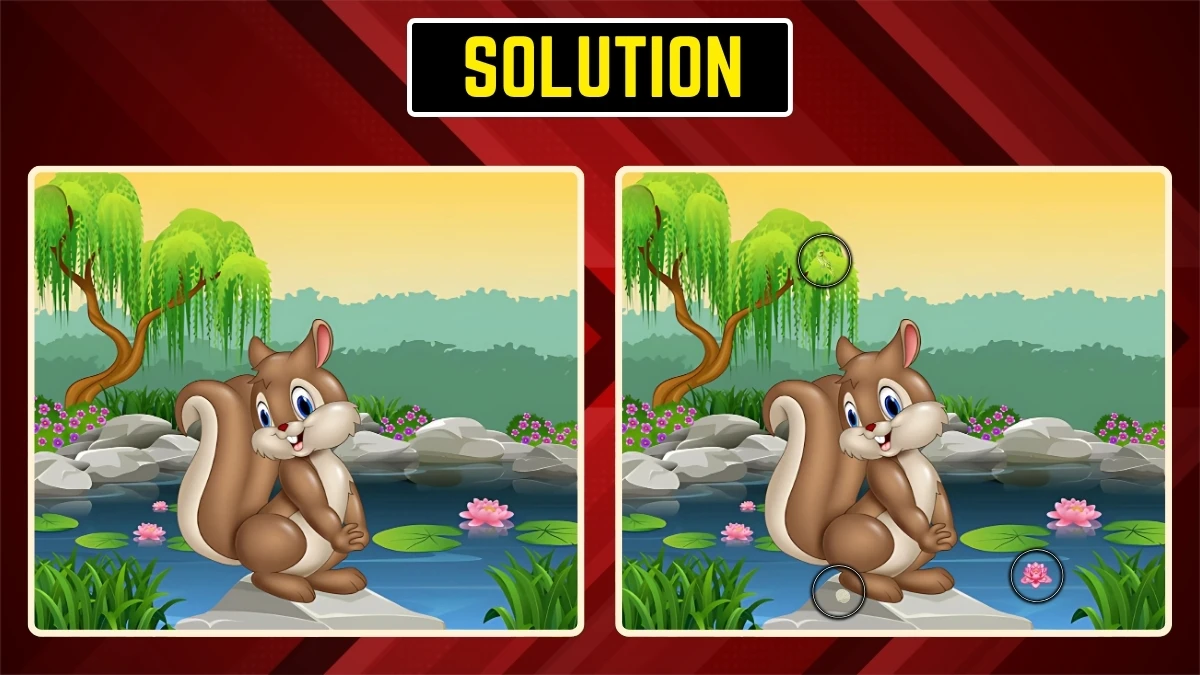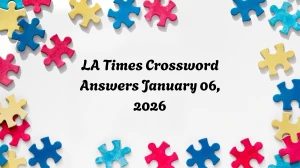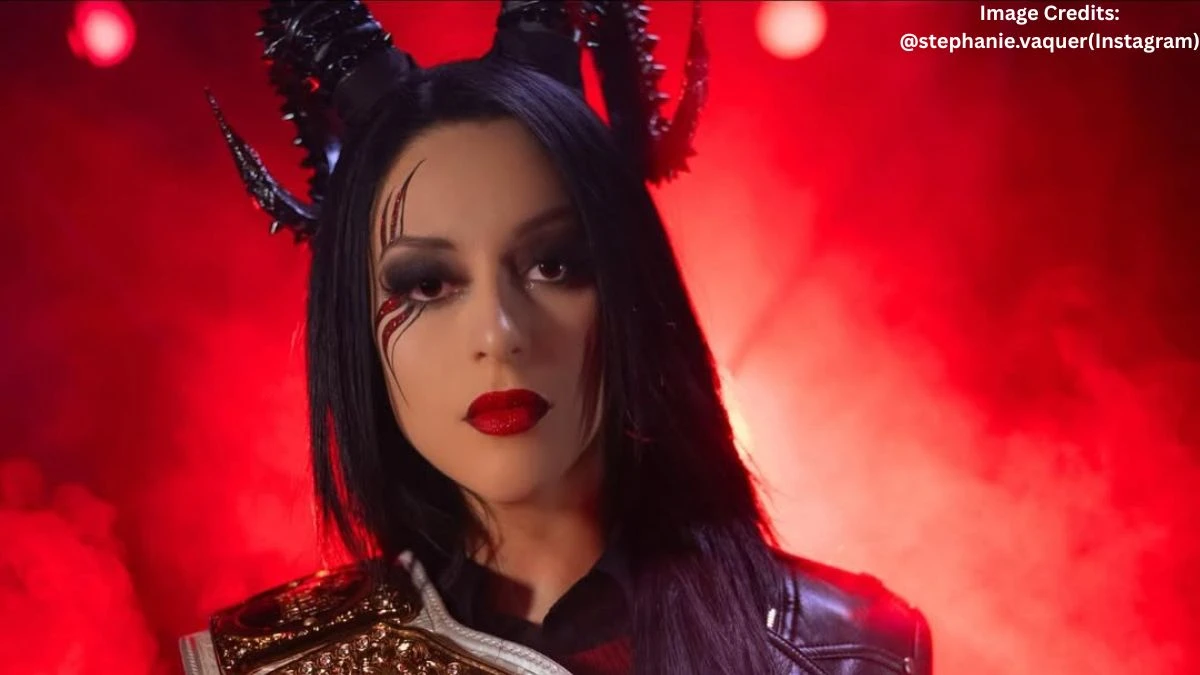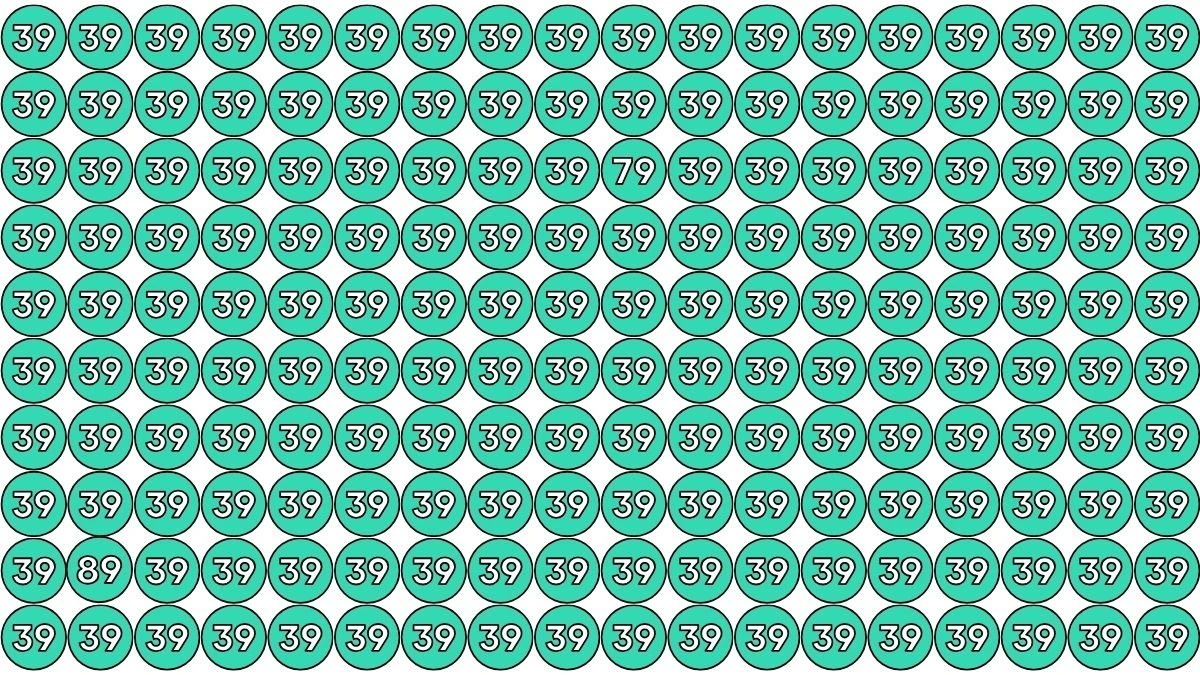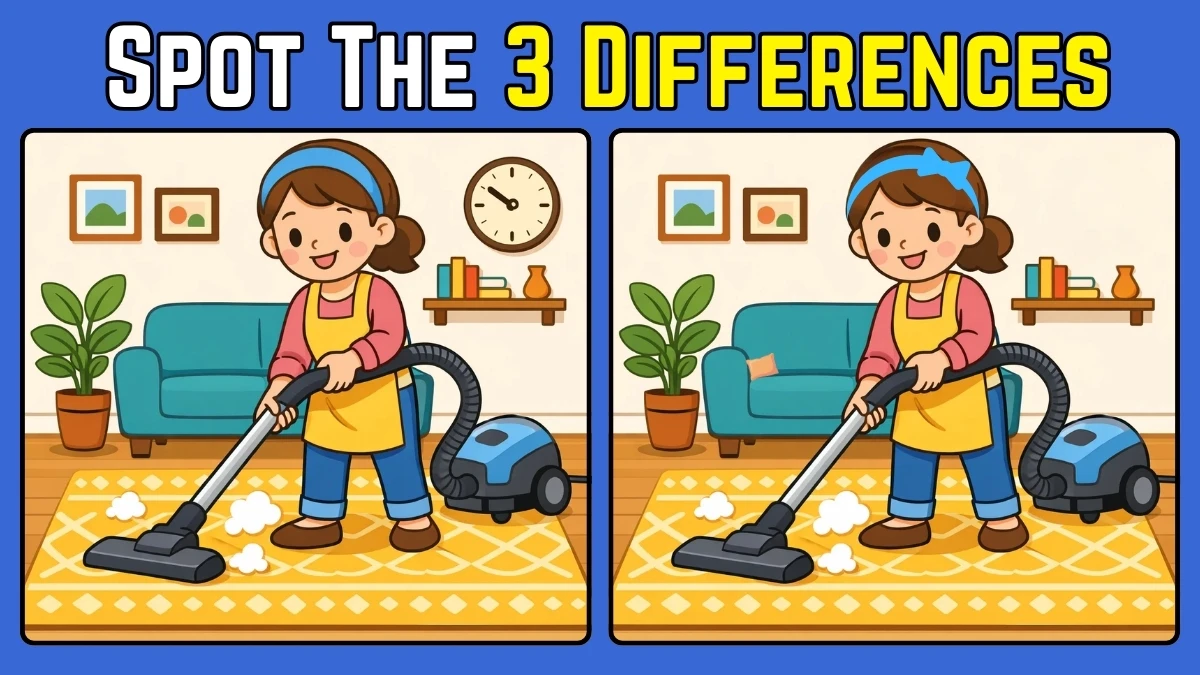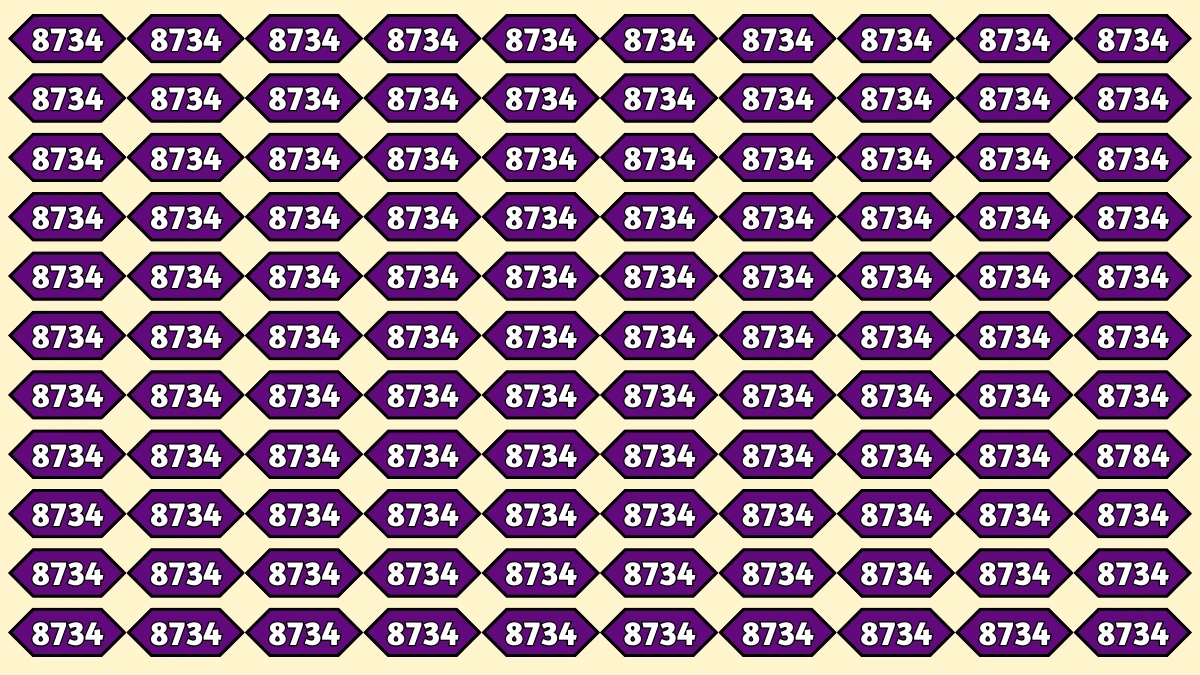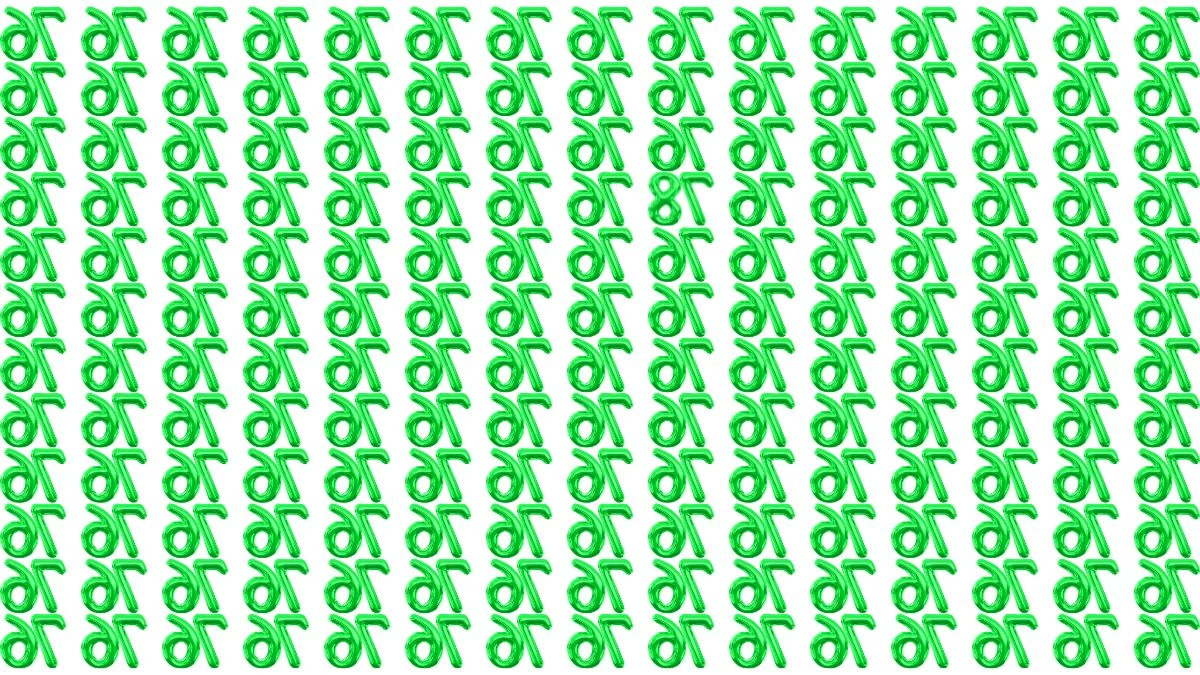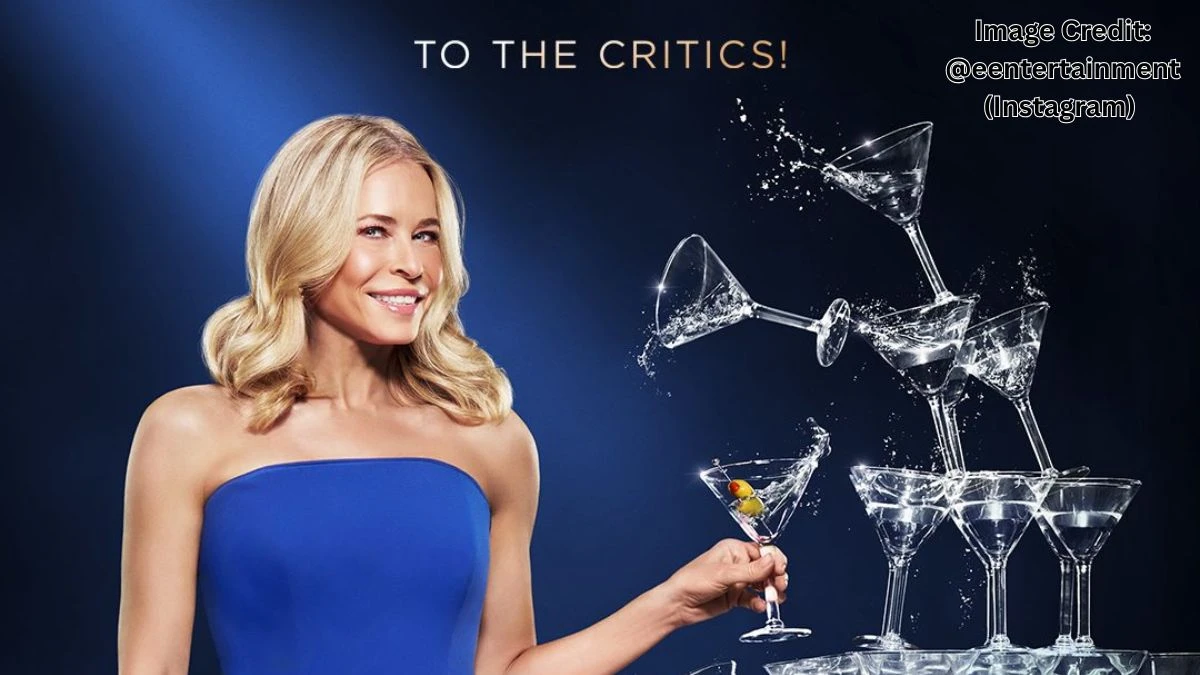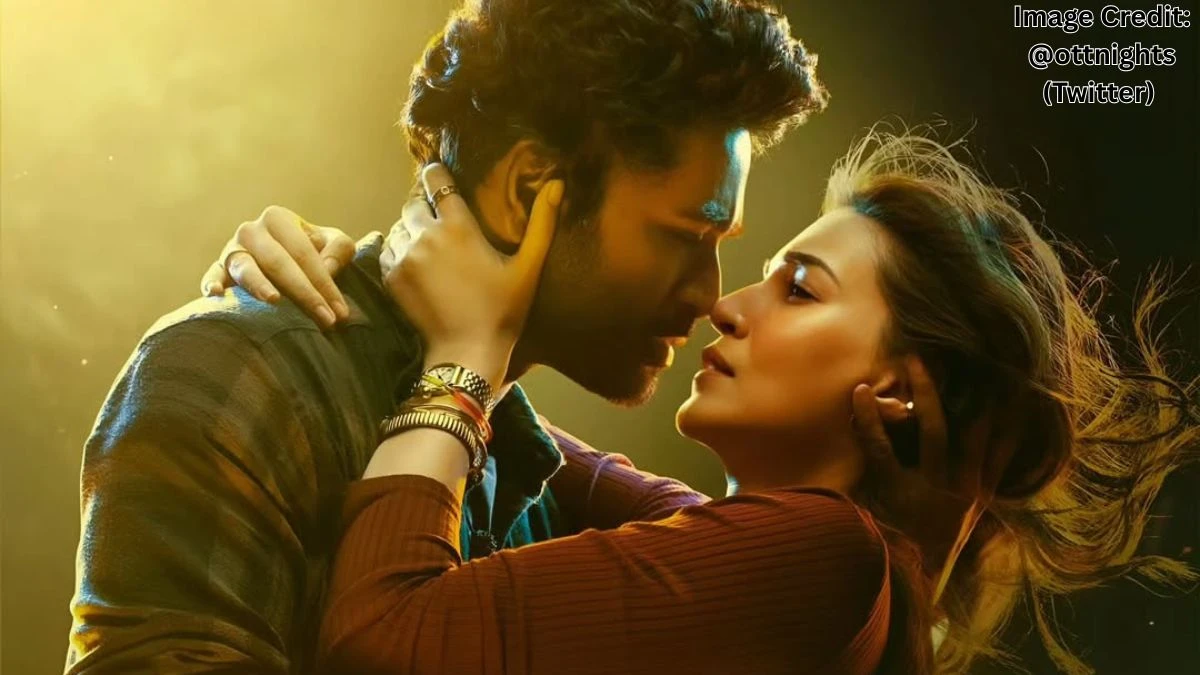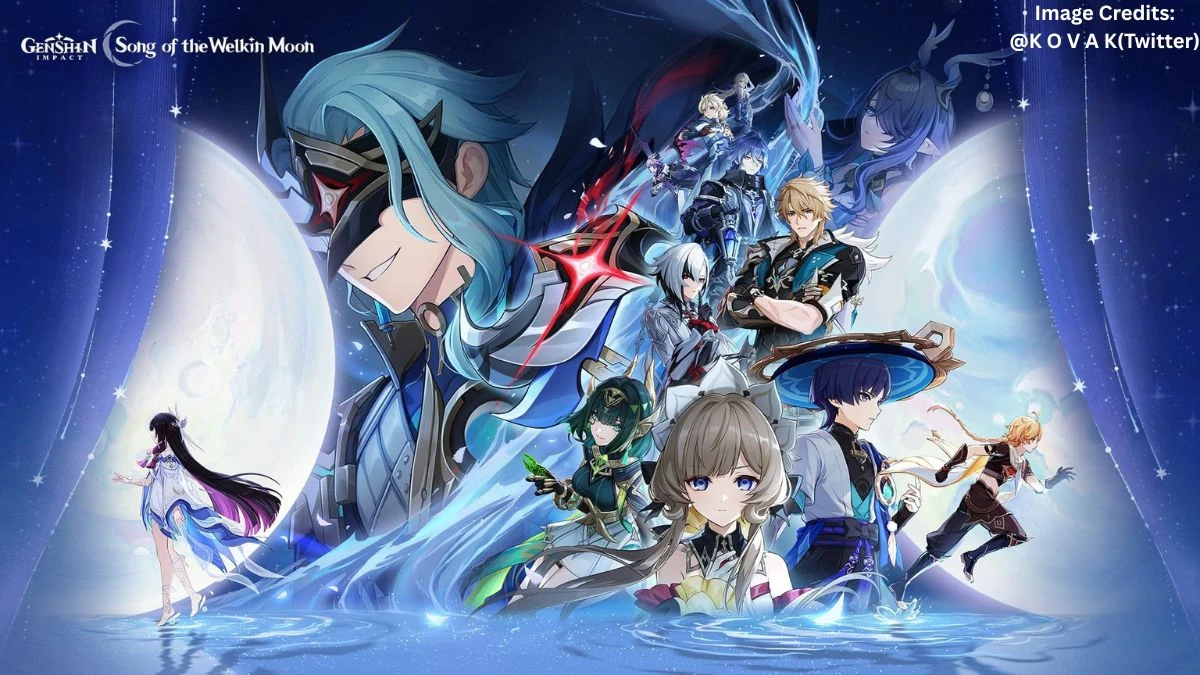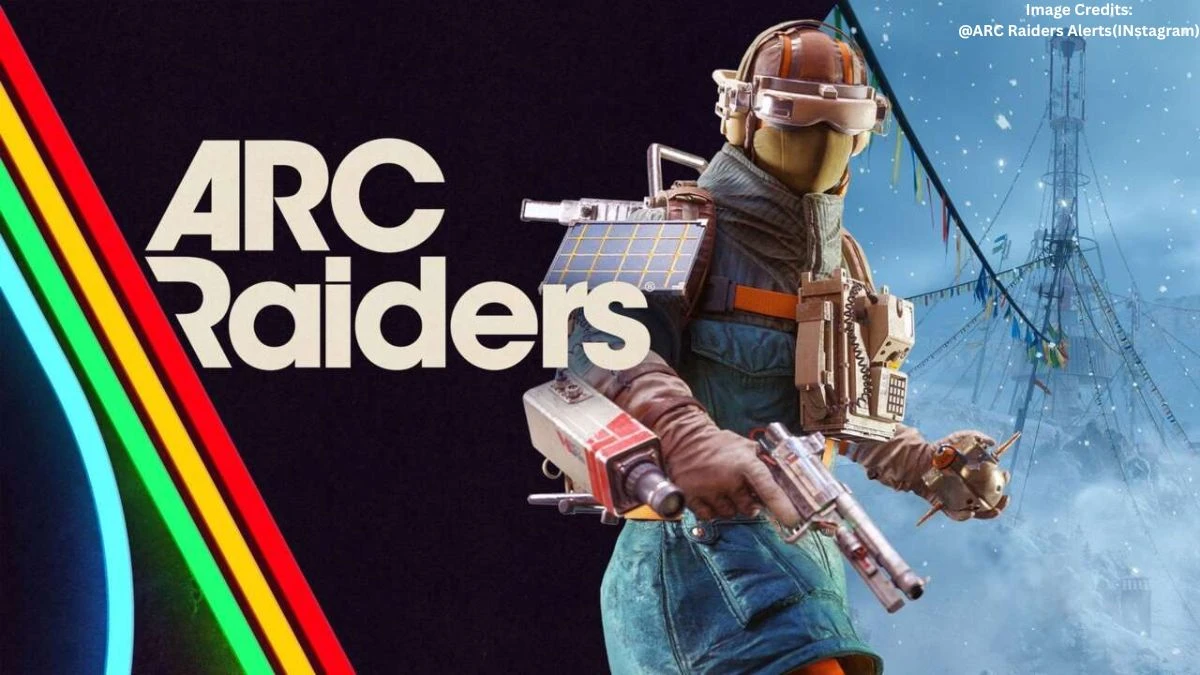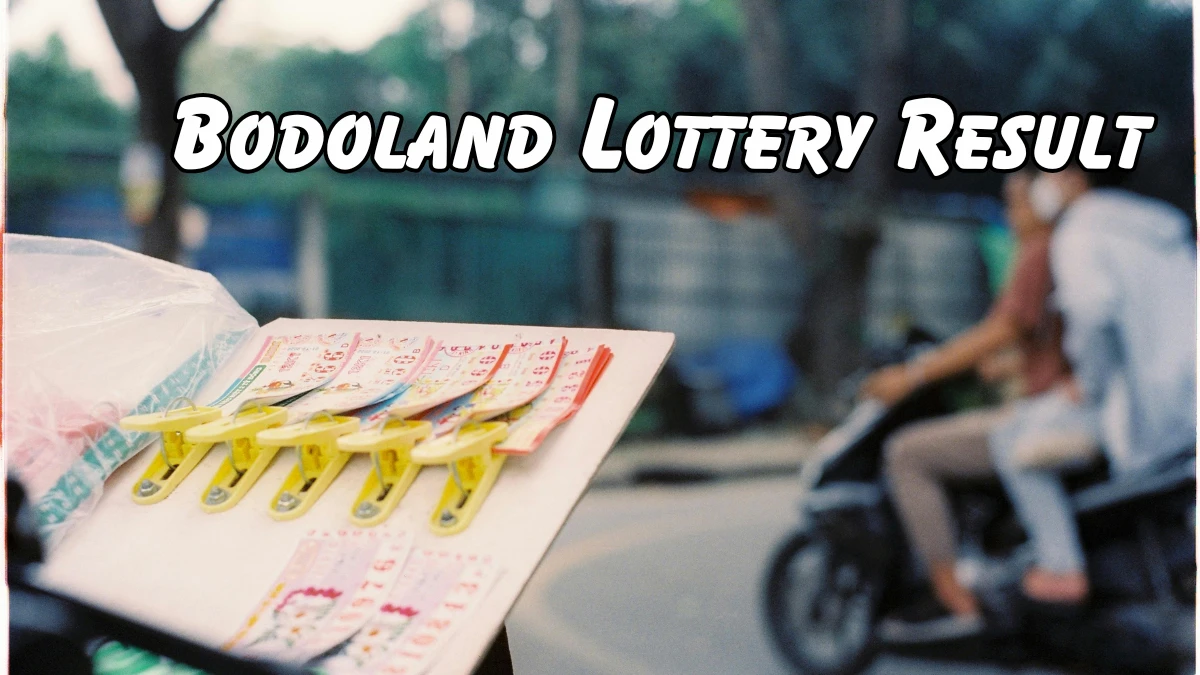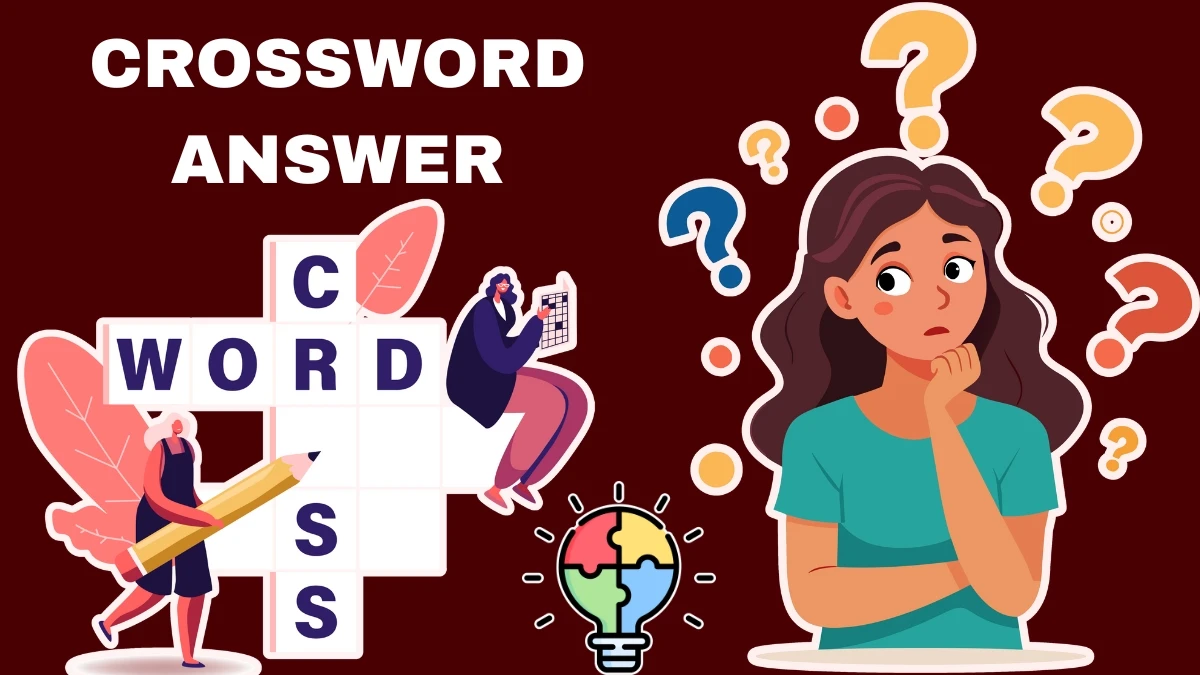Optical Illusion
An optical illusion is a visual phenomenon where the perception of an image or scene differs from reality. This happens when our brains interpret the visual input in ways that mislead us.
Optical illusions can occur due to factors such as lighting, color, perspective, or patterns that trick our eyes into seeing things that aren't there or seeing them differently than they truly are.
For example, an image may appear to be moving when it’s actually static, or objects may seem to be different sizes despite being the same.
These illusions demonstrate how our brain processes visual information, sometimes filling in gaps or misinterpreting sensory data based on context and expectations.
Word Challenge: Within 5 Seconds Spot The Word Hut among Hat
Optical Illusion Eye Test: Within 9 Secs Spot the 3 Differences in the Squirrel Pictures
In this optical illusion eye test, your task is to spot the three subtle differences between two nearly identical squirrel pictures within just 9 seconds.
This challenge tests your attention to detail, observation skills, and ability to quickly analyze visual cues.
While the images may appear similar at first glance, there are slight variations hidden within them, which require you to focus closely and think fast.
The clock is ticking, so sharpen your eyes and see if you can spot all three differences before time runs out!
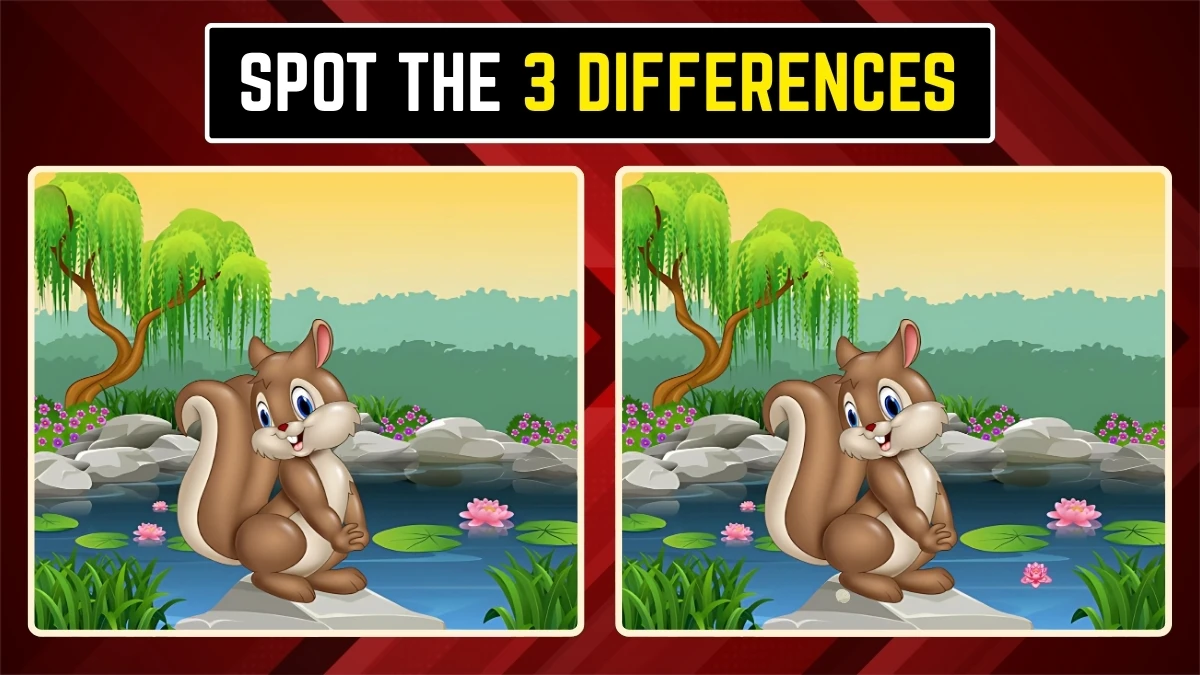
Observation Skills Test: Within 5 Seconds Spot The Inverted 4 among 4
Optical Illusion Eye Test: Within 9 Secs Spot the 3 Differences in the Squirrel Pictures - Solution
In this optical illusion eye test, the challenge is to spot the three differences between the two pictures of the squirrel.
The first difference is that in the right image, a shell has been added to the water near the squirrel’s foot.
The second difference is that a flower is missing in the left image but is present in the right image, floating on the water.
The third difference is that a small parrot has been added to the tree on the right side in the second image.
These subtle changes make the pictures tricky to compare, but focusing on the environment and the squirrel’s surroundings helps identify the differences quickly.
